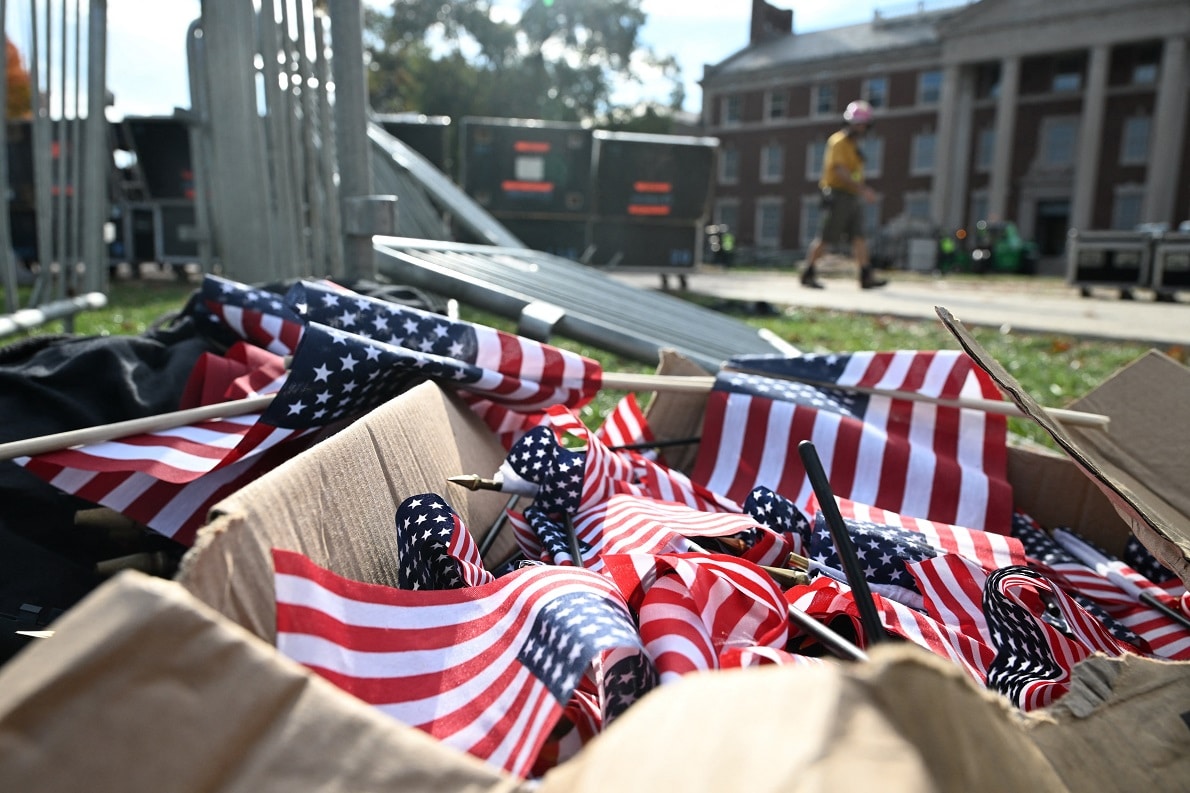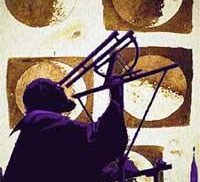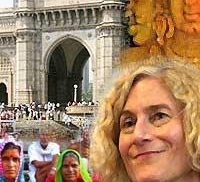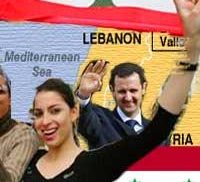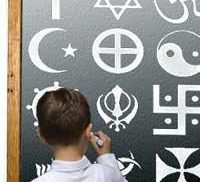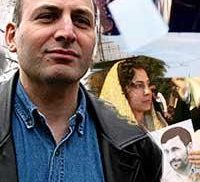Trump’s reelection personified a profound sense of disempowerment and disenfranchisement among many Americans. The constitutional patriotism that once anchored the nation’s cultural fabric is eroding, leaving citizens feeling that the boundaries of belonging no longer provide the support or cohesion they need. This void has been filled by inflammatory rhetoric and the scapegoating of migrants and minorities, reducing public discourse to a cacophony of accusations. What steps can the Left take to address these demands directly? Is there a path for populism to find a home on the Left, or has the idea of solidarity been irrevocably claimed by an ethnonationalist movement?
Dossiers
- Twenty years ago, on November 9th 1989, tens of thousands of Berliners crossed the border between the East and the West and started to knock down the wall that for 28 years had divided their city and with it a whole continent. Slowly the people of the East returned to freedom and democracy thanks above all to the courage of Mikhail Gorbaciov and Helmut Kohl. Resetdoc revisits those events that posed the foundations for the reunification of Europe.
- In December 1609 while observing the sky above Padua, Galileo Galilei carried out his first astronomical observations using a telescope. Exactly four hundred years later we remember this great Western scientist and intellectual, the modernity of his methods, his difficult relationship with the Church, his humanist culture and above all the dramatic choices made by a free dissident forced to recant by a tyrannical power.
- In Verona, Italy, a Moroccan woman was asked to leave a municipal swimming pool because she was wearing a ‘burkini,’ an ‘Islamically correct’ swimsuit. The reason was that she “frightened the children.” The same thing happened a few days earlier not far from Paris. The xenophobe right exalted, the media made comments ranging from expressing concern to amusement, while the public debated the matter. Can the ‘burkini’ really be considered a “Islamic” swimsuit? Does it humiliate women? In the meantime, in Afghanistan…
- We are accustomed to believing that Arab women experience conditions that are worse than those of western ones. And yet in the western media women are increasingly subject to the “tyranny of beauty” (with consequences that are also political as last summer’s Italian gossip columns proved). There are on the contrary new and interesting perspectives in the Arab media. Why then is the Islamic veil debated so much in the West, when our own TV channels broadcast an increasingly emphasised eroticisation of the female body?
- India is an almost insuperable laboratory in the battles between “two different civilisations” within one same nation. One appreciating multiple identities and people coming from various traditions, the other feeling safe only when those who are different are alienated. In India as it really is today, the problems of the world are far better expressed than in Huntington-styled analyses showing the West besieged by young Muslims, fuelled by religion, the poor’s new vitamin.
- The winner of the June elections held in the Lebanon, the anti-Syrian collation led by Saad Hariri is encountering numerous problems in forming a new government. Hence Syria continues to powerfully influence Lebanese politics. The truth however is that, as Barack Obama knows only too well, peace in the Middle East depends on Damascus.
- The Uyghurs’ revolt has at last drawn the West’s attention to these people who for decades have experienced conditions very similar to those of the Tibetans. In fact, in the Chinese region of Xinjiang, the Beijing regime is relying on the assimilation of this people who are different by language (Uyghur) and religion (Muslim). This also involves massive immigration of Han Chinese. What are the differences with Tibet? Why has the West only just noticed the existence of the Uyghurs?
- Last April 26th Berliners voted ‘no’ in a referendum that proposed to make religious instruction compulsory in schools, like the courses on ethics introduced in 2006. The majority of European countries provide religious instruction, but in twelve of them it is multi-religious. Is it possible for respect of secularism and the need to know the history and values of religions – that in recent decades have returned to dominate the public sphere – to coexist?
- During the Resetdoc Istanbul Seminars (May 30th – June 4th) prominent Muslim intellectual Tariq Ramadan reacted positively to Giuliano Amato’s call to support the women demonstrating against the Shia Family Law in Afghanistan. Ramadan has been emphasising the issue of self-criticism for Muslim scholars and has himself been critical of a literal implementation of Shar’ia: «Giuliano Amato is right. We Muslims need to take a stand – he says in an exclusive video-interview with Resetdoc – I have been doing this for the last twenty years stating that we cannot accept the literal implementation and a dogmatic interpretation of Islam. We need a sense of humility within dialogue».
- «The Iranian elections have been an astonishingly surprising experience, first of all because there has been immense participation. The outcome is a negative one for many of us and for many young Iranians, a result with no hope. There is an open clash within the nomenclature, and the government has started to solve it using violence.» In an exclusive video-interview with Resetdoc, the Iranian philosopher Ramin Jahanbegloo comments the results of the recent Iranian elections and addresses some future issues to be faced by the Iranian government and society.


